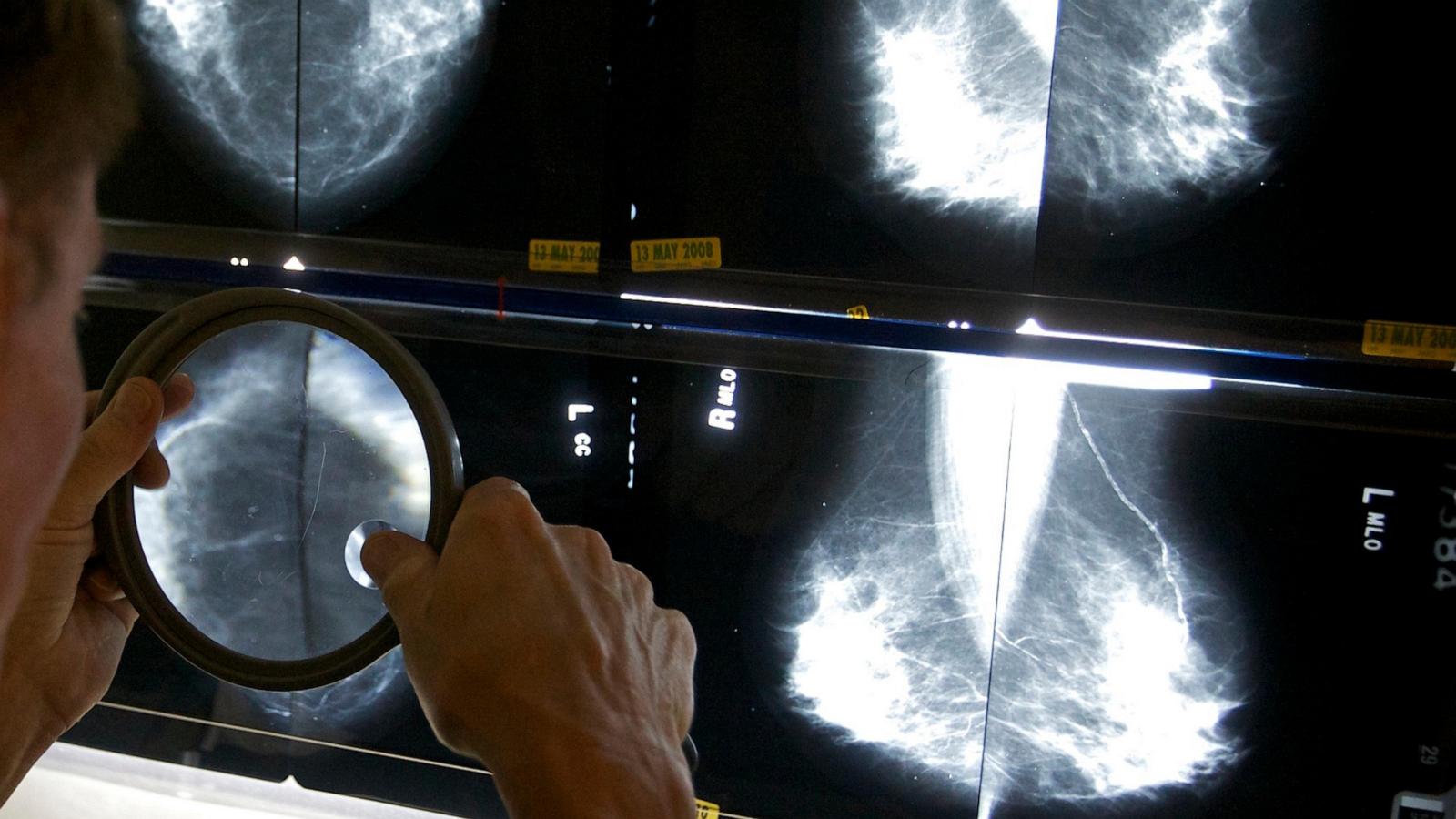Avoid Unnecessary Breast Cancer Surgeries: New Studies Offer Hope
Are you facing a breast cancer diagnosis? The news can be terrifying, but groundbreaking new research suggests that many early breast cancer patients may be able to avoid unnecessary surgeries, significantly reducing treatment burdens and improving their quality of life. Recent studies have opened the door to less invasive approaches for specific types of early-stage breast cancer, offering hope and alternatives to traditional surgical procedures.
Less Invasive Treatment Options for Breast Cancer
Two pivotal studies presented at the San Antonio Breast Cancer Symposium have changed the landscape of breast cancer treatment. These studies explore new strategies for managing two key types of early breast cancer: ductal carcinoma in situ (DCIS) and cases where removing lymph nodes is unnecessary.
One study, published in the prestigious New England Journal of Medicine, challenges the necessity of removing lymph nodes in all cases of early-stage breast cancer. Lymph node removal, while sometimes essential, is linked to adverse effects like persistent pain and arm swelling. The study indicates a potential to avoid these complications for specific patients with early-stage cancers and minimal signs of spreading cancer.
The second landmark study in the Journal of the American Medical Association (JAMA) examined DCIS, a non-invasive type of breast cancer, showing that a significant portion of patients diagnosed with low-risk DCIS could benefit from a 'wait-and-see' approach or active surveillance, avoiding immediate surgery. Instead of surgery, these women may opt for frequent monitoring through mammograms and biopsies, which allows early detection of cancerous changes, resulting in less invasive treatment and reduced anxiety.
Understanding Ductal Carcinoma In Situ (DCIS)
Every year, thousands of women are diagnosed with DCIS. It's crucial to understand that DCIS is not always an immediate death sentence. Many women automatically elect for surgery, a decision that needs reassessment, especially in low-risk patients, because the study highlights the potential risks and long-term impact of surgeries that may not even be required.
This new research provides strong evidence to support the "wait-and-see" or active monitoring approach. The results suggest that for women with low-risk DCIS, and the type that responds to hormone-blocking medication, this more conservative approach is just as effective as surgery and often results in improved long-term outcomes and patient experience.
Avoiding Lymph Node Removal in Breast Cancer
Another significant discovery was presented showing that the routine removal of lymph nodes in breast cancer patients is not always needed for improved outcomes. While a lymph node biopsy helps doctors determine the extent of cancer spread and aids treatment planning, the procedure comes with the potential risk of serious complications, like swelling and limited arm mobility. The studies show that many women can safely avoid this procedure with the same positive results and reduced risks.
Many healthcare providers often favor caution when providing medical advice. The research suggests there are situations in which removing lymph nodes is not necessary. This offers patients increased reassurance and relief during such a trying time in their lives. This conservative approach minimizes the chance of excessive surgery, prioritizing patient comfort and overall health, minimizing unnecessary harm, improving their quality of life, and ensuring that they can return to normalcy quicker.
The Future of Breast Cancer Treatment: Less is More?
The new findings present significant implications for women facing breast cancer, demonstrating that less invasive treatment approaches may indeed be just as effective as more aggressive treatments. This can not only lessen the physical burden, financial strain and anxiety caused by unnecessary interventions, but it also highlights the importance of more targeted and patient-specific approaches to breast cancer care.
These findings signal a shift toward personalized medicine, giving women more autonomy over their treatment decisions and allowing them to actively participate in charting the course of their healthcare. Moving forward, patients will be empowered with this knowledge when planning their treatment strategy with the team of healthcare providers involved. Ongoing research will continue to refine these approaches and expand access to personalized and patient-centered options that ensure the best outcome for each individual.
Take Away Points
- Recent studies show that some early breast cancer patients can safely avoid specific surgeries.
- Active monitoring is a safe alternative to surgery for many women with low-risk DCIS.
- Lymph node removal may not be necessary for all early breast cancer patients.
- These findings support a more patient-centered approach to breast cancer treatment.




